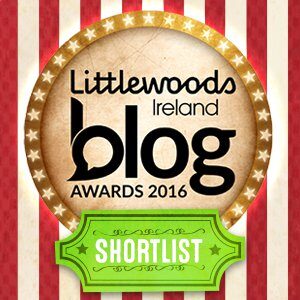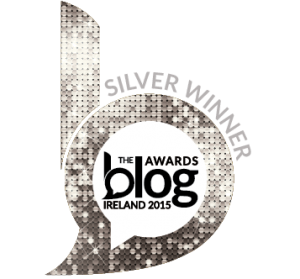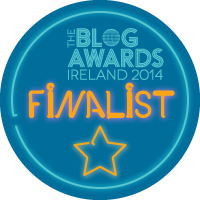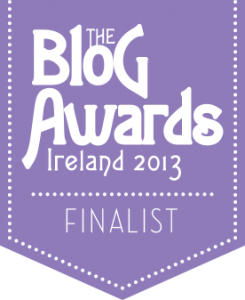Coveney launches public consultation on a proposal to ban microbeads
The Minister for Housing, Planning, Community and Local Government, Simon Coveney T.D., today launched a public consultation process in relation to a proposed legislative ban on certain products containing plastic microbeads. The public consultation process will last 6 weeks, closing on 24 March 2017.
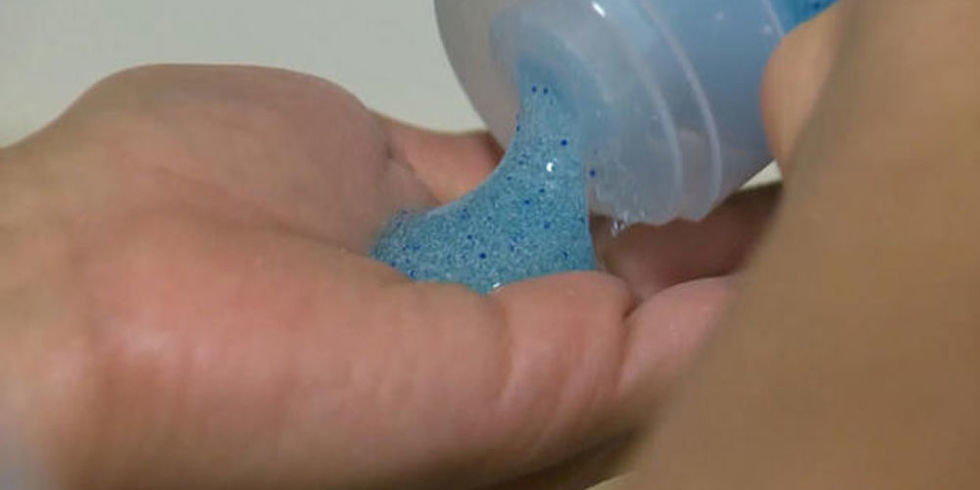
The Minister said ‘I am very worried about the level of plastic litter that ends up in our seas and oceans. This includes plastics microbeads found in some cosmetics, body care products, toothpastes, scouring agents and detergents and I am determined to address this issue. It is concerning to think that all plastic material which has ever ended up in the marine environment will reside there for many centuries to come, unless it is somehow removed. I regard microplastic pollution as one of most significant marine environmental challenges of the 21st century’.
While plastic microbeads represent only a fraction of the microplastics in our oceans, it has still been estimated that many billions are being washed into the world’s rivers, lakes and seas each year. Once in our seas and rivers they can last for centuries without breaking down. Due to their shape and size, they can be confused for food by fish and other aquatic creatures and they cannot be removed once they are in the marine environment.
Tiny plastic particles are sold in thousands of personal care products globally. With wastewater treatment plants not designed to filter them out due to their size, they can flow down the drain, into the sea and into the marine food chain. Microbeads are not biodegradable and once they enter the marine environment, they are impossible to remove.
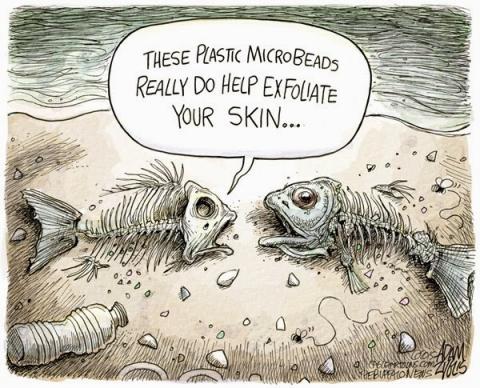
Cosmetics companies have flooded hundreds of products, mostly facial scrubs, shampoo, toothpaste, and lip gloss with microbeads: tiny balls of plastic used to exfoliate our skin. You know, those plastic sand-sized microbeads added in order to give your favorite scrub a good gritty texture. One tube of facial scrub contains more than 300,000 plastic microbeads. Banning microbeads from personal use is pretty easy to do. Just check the label on products for polyethylene or polypropylene, which are the most commonly-used plastics.
Making a personal commitment not to purchase products that contain microbeads is a start and is commendable, but it won’t take the product off the shelves for others to buy. We need comprehensive legislation to ensure that happens.

The Department is inviting any interested parties to make submissions to help inform the legislative process. To get involved, please complete the online microbead survey or email your observations or comments to msfd@housing.gov.ie.
To assist you, relevant documents may be accessed by clicking on the following links. These include a summary document outlining why the consultation is taking place, which includes a questionnaire and OSPAR’s Regional Action Plan for the Prevention and Management of Marine Litter in the North Atlantic.
Terms & Conditions:
All submissions and comments received will be subject to the provisions of the Freedom of Information Act 2014. Submissions are also subject to Data Protection legislation.
Submissions and comments will not be responded to on an individual basis but will be reviewed as part of the process and will feed into the deliberative process.



